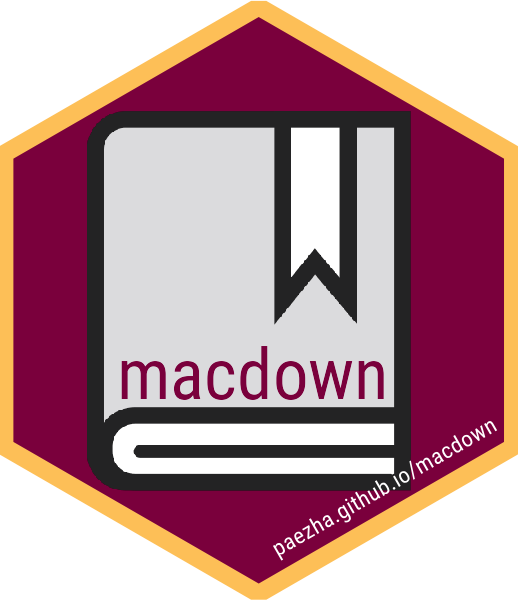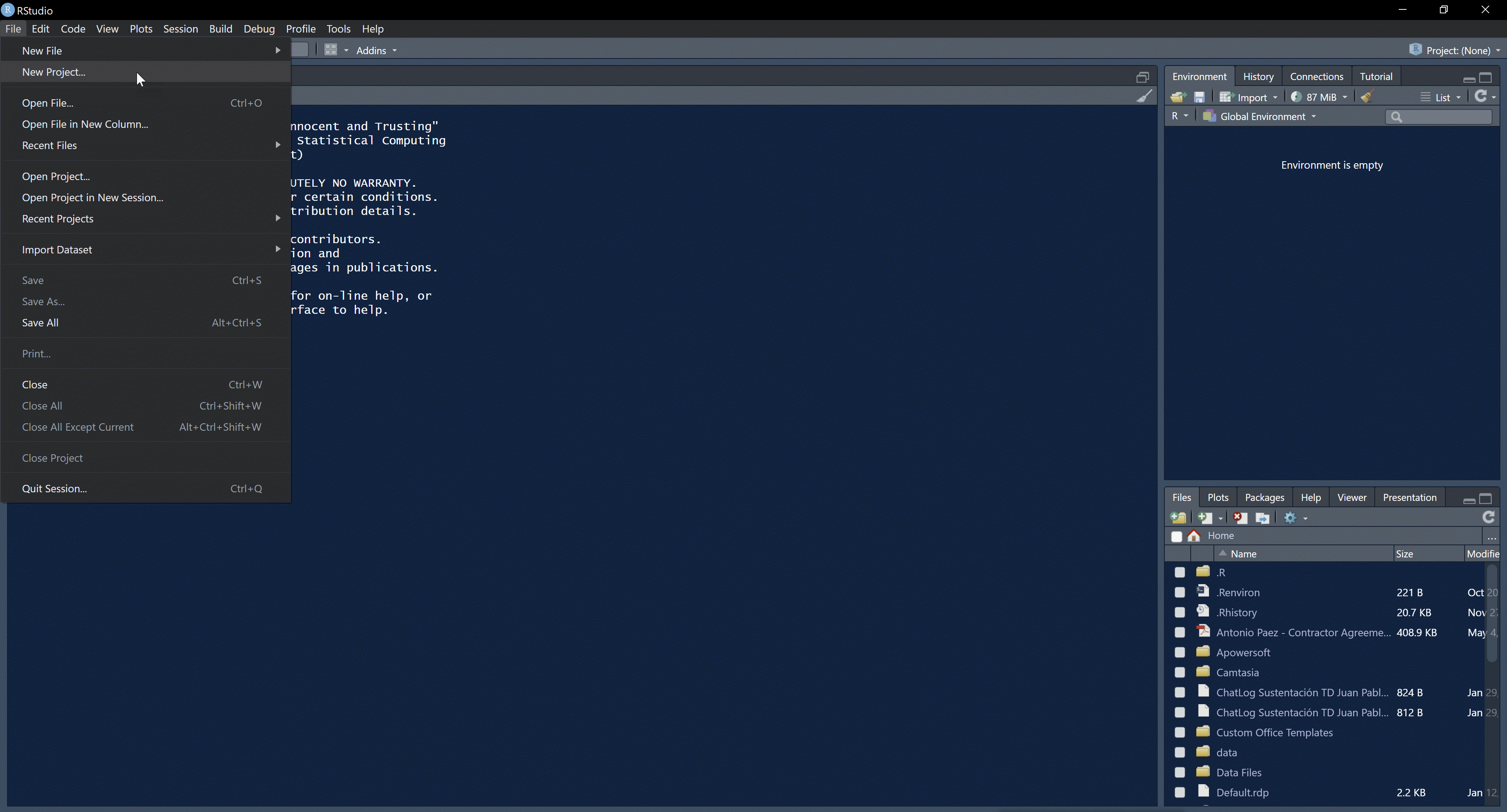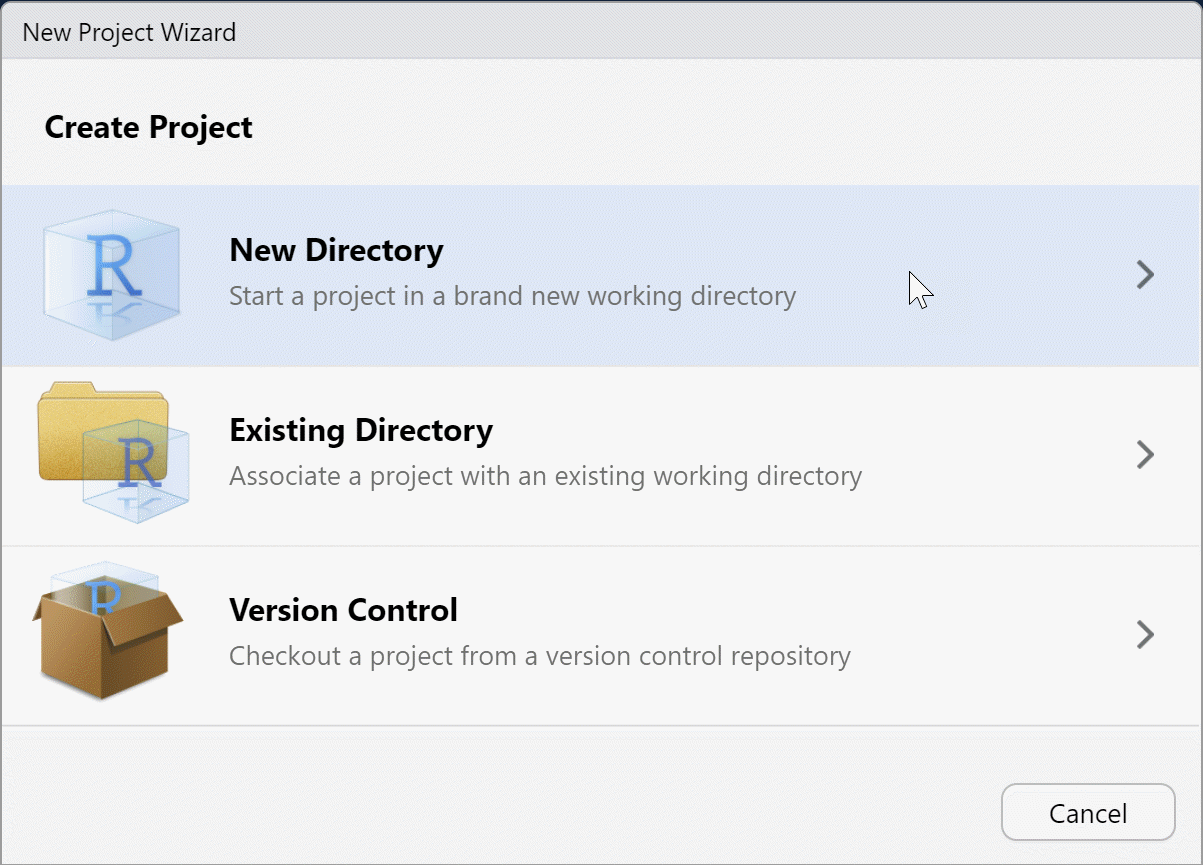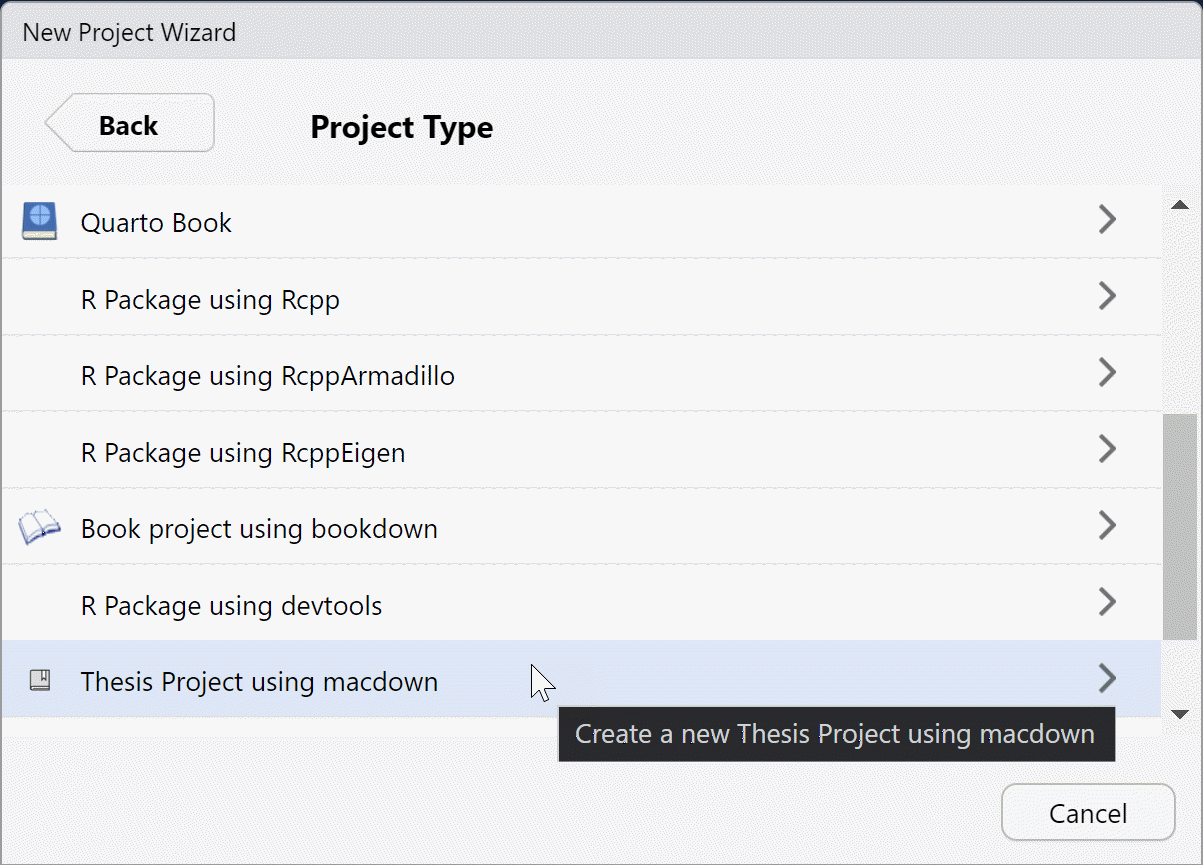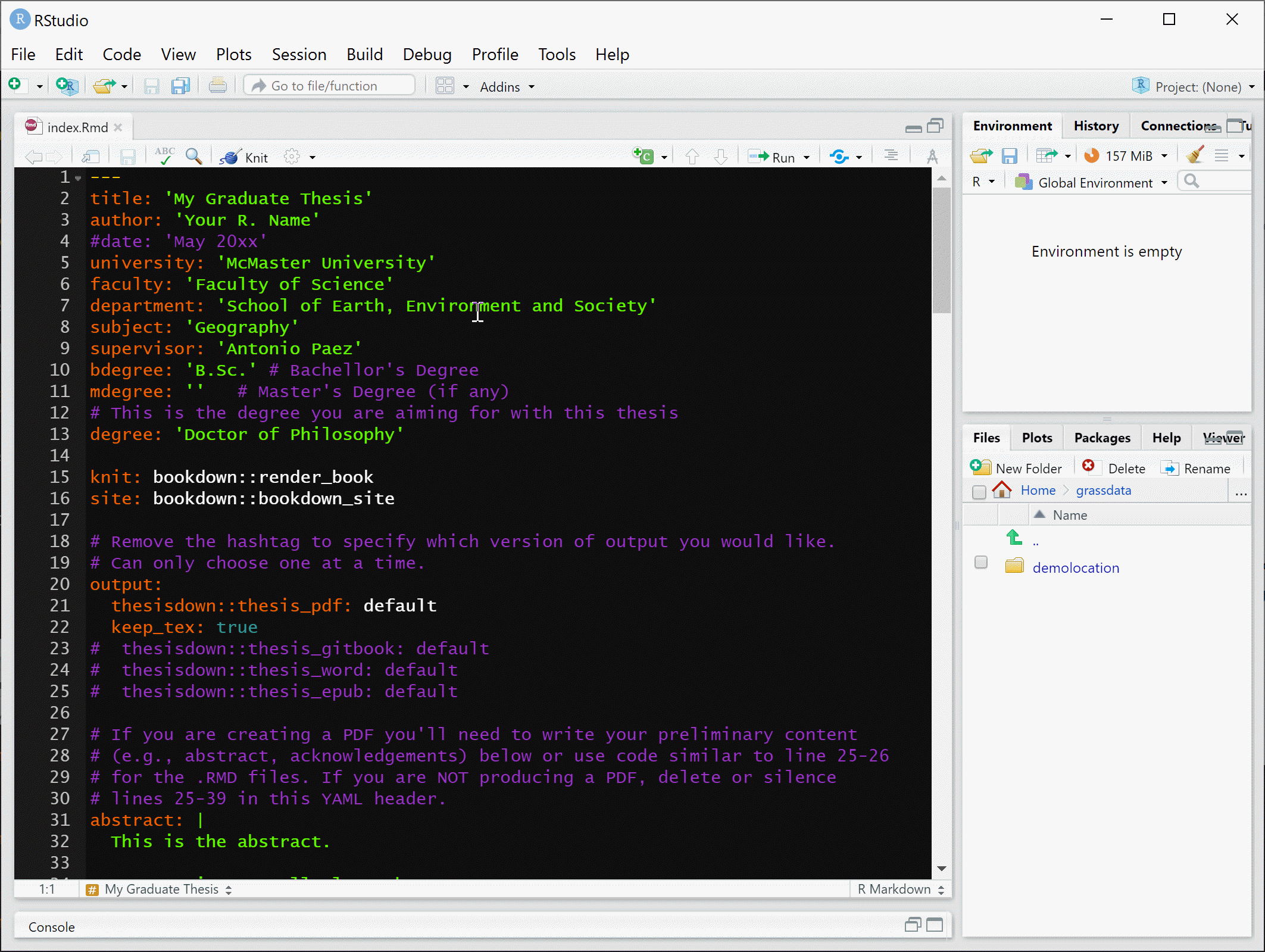This project is inspired by the {bookdown} and {thesisdown} packages, adapted to provide a template for writing a McMaster graduate thesis in R markdown.
The PDF uses McMaster Graduate Thesis LaTeX template.
Under the hood, the McMaster Graduate Thesis LaTeX template is used to
ensure that documents conform precisely to submission standards. At the
same time, composition and formatting can be done using lightweight
{markdown}
syntax, and R code and its output can be seamlessly included using
{rmarkdown}.
Using {macdown} has some prerequisites which are described below. To
compile PDF documents using R, you are going to need to have LaTeX
installed. By far the easiest way to install LaTeX on any platform is
with the {tinytex} R package:
install.packages(c('tinytex', 'rmarkdown'))
tinytex::install_tinytex()
# after restarting RStudio, confirm that you have LaTeX with
tinytex:::is_tinytex() You may need to install a few extra LaTeX packages on your first attempt to knit as well. Here is one such example of how to do so:
tinytex::tlmgr_install("babel-portuges")To use {macdown} from RStudio:
-
Ensure that you have already installed LaTeX and the fonts described above, and are using the latest version of RStudio. You can use {macdown} without RStudio. For example, you can write the Rmd files in your favourite text editor (e.g. Atom, Notepad++). But RStudio is probably the easiest tool for writing both
Rcode and text in your thesis. It also provides a nice way to build your thesis while editing. We’ll proceed assuming that you have decided to use the RStudio workflow. -
Install the {bookdown} and {macdown} packages. Note that {macdown} is not available on CRAN and
install.packages("macdown")will not work. Useremotes::install_github()as shown below instead to install the package.
if (!require("remotes"))
install.packages("remotes",
repos = "https://cran.rstudio.org")
if (!require("bookdown"))
install.packages("bookdown",
repos = "https://cran.rstudio.org")
remotes::install_github("paezha/macdown")Note that you may need to restart RStudio at this point before the template becomes available in the menu.
- Create a project to work on your thesis! Do not nest your thesis as part of another project, since this will confuse the directory structure.
Create your project in a new directory:
Choose New DirectoryFor the type of project select “Thesis Project using macdown”:
Type of project- Customize the information for the thesis in the YAML at the top of index.Rmd. There you can enter your name, title of the thesis, abstract, etc.
- Create R markdown documents with the content of your thesis. Each
chapter could be a separate R markdown document. To include in the
thesis, use chunks in
index.rmdas follows:
Knit the index.Rmd file to get the thesis in PDF format.
You need to edit the individual chapter R Markdown files to write your
thesis. It’s recommended that you version control your thesis using
GitHub if possible. RStudio can also easily sync up with GitHub to make
the process easier. While writing, you should git commit your work
frequently, after every major activity on your thesis. For example,
every few paragraphs or section of text, and after major step of
analysis development. You should git push at the end of each work
session before you leave your computer or change tasks. For a gentle,
novice-friendly guide to getting starting with using Git with R and
RStudio, see https://happygitwithr.com/.
To render your thesis into a PDF, open index.Rmd in RStudio and then
click the “knit” button.
The PDF file of your thesis will be deposited in the _book/ directory,
by default.
The following components are ones you should edit to customize your thesis:
This is the main configuration file for your thesis. You can change the name of your outputted file here and other options about your thesis here.
This file contains all the meta information that goes at the beginning
of your document. You’ll need to edit the top portion of this file (the
YAML) to put your name on the first page, the title of your thesis, etc.
Note that you need to have at least one chapter start in the index.Rmd
file for the build to work. For the template, this is done with
# Preface in the example from the template.
These are the Rmd files for each chapter in your dissertation. Write your thesis in these. If you’re writing in RStudio, you may find the wordcount addin useful for getting word counts and readability statistics in R Markdown documents.
Store your bibliography (as bibtex files) here. We recommend using the citr addin and Zotero to efficiently manage and insert citations.
Specific style files for bibliographies should be stored here. A good source for citation styles is https://github.com/citation-style-language/styles#readme.
Store your figures and data here and reference them in your R Markdown files. See the bookdown book for details on cross-referencing items using R Markdown.
If you are new to working with these packages, there is much more information and examples available at {bookdown} and {rmarkdown}.
